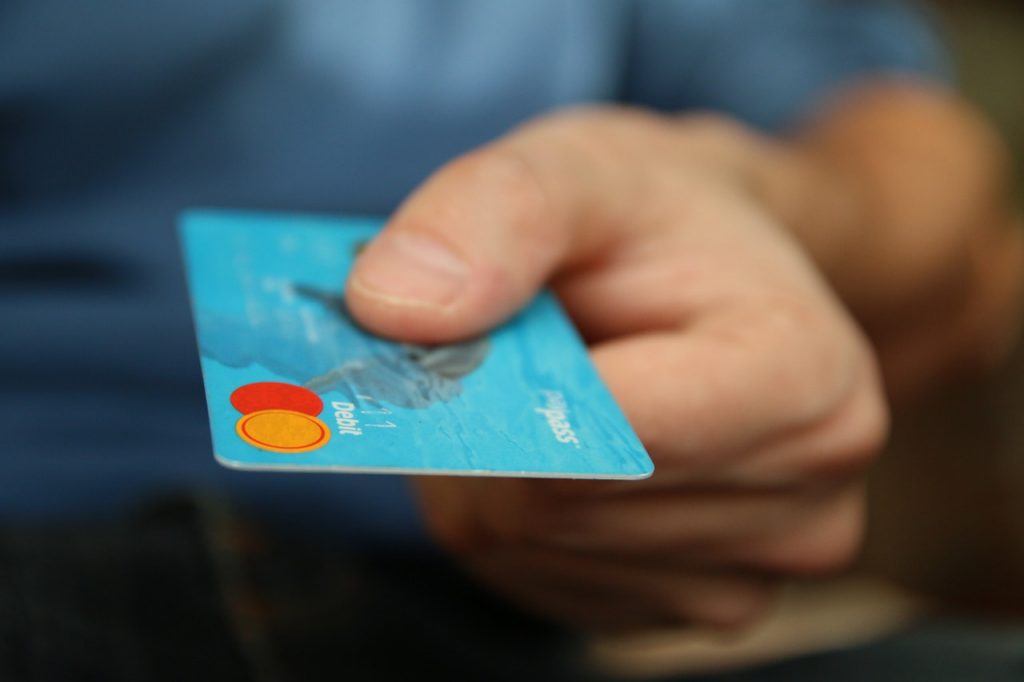For most young people and prospective first home buyers, looking at house prices in Australia can be just gloomy. They are out of reach, beyond the wildest dreams of many. You know it. We know it. It has been shown in survey after survey, in decidedly average cottages selling for almost $4 million, in un-renovated houses going for far over the book, in weatherboards flatly described as “tired” going for more than $1 million.
Between 2002 and 2014, home ownership rates for 25 to 34-year-olds dropped almost 10 points, to below 30 percent. Australia was crowned with the ignoble distinction of being third least affordable housing market in the world, with Sydney’s median home price — around $800,000 — between 10 and 12 times the median earnings, depending which poll you look at. A current Domain survey found there were just 17 suburbs in the greater Sydney area where homes were inside the median price point of $469,000.
 What exactly are young people and aspiring homeowners to do right now? Let’s say you have a savings program and a monthly budget, your savings account is growing steadily, you are diligently socking away your shift, you are avoiding spending large at the pub on nights out, and you have even cut down avocado toast and soy lattes, and don’t forget cutting back on gaming coins — but you are still nowhere close scraping together enough to get a housing deposit.
What exactly are young people and aspiring homeowners to do right now? Let’s say you have a savings program and a monthly budget, your savings account is growing steadily, you are diligently socking away your shift, you are avoiding spending large at the pub on nights out, and you have even cut down avocado toast and soy lattes, and don’t forget cutting back on gaming coins — but you are still nowhere close scraping together enough to get a housing deposit.
What now?
HuffPost Australia chatted to five currency specialists — financial advisors, economists and much more, and we asked, in general terms, what a young man (for the sake of the debate, aged between 20 and 30) with an adequate amount in their bank accounts (for the sake of the debate, between $10,000 and $30,000) could be doing to increase their savings, rather than looking at the bitcoin exchange rate.
Obviously the main thing, once you’re saving, is to keep saving. Laura Higgins, senior executive director of fiscal capability with ASIC’s Money Smart service, said putting together a simple budget was a simple way to highlight unnecessary expenses and boost your savings.
“ASIC’s ‘monitor my spend’ tool will help you reach the point where you are on top of handling day-to-day expenses. It makes it possible to identify needs from desires, to discover places you could find to put away more,” she said.
Every little bit counts. When we speak with our younger clients about saving, as opposed to talking about the long run and how you must save $100,000, you should consider it in tiny increments. The total sum doesn’t appear insurmountable that way. As soon as you’ve got a good amount saved up, it is time to consider how to deploy that cash. Interest rates are at record lows, so keeping it locked up in a bank account probably will not add much to your bottom line at the moment. Each of the experts suggested aspiring homeowners check out investments — stocks, managed funds and the like, as a means to boost these savings, even try asking your commercial agents for advice on the matter.
 Managed funds see your money directed into the stock exchange, but rather than you going directly to your stockbroker or online to make trades, or on house or office leasing, you put your cash in the hands of fund managers who make those choices for you. Your money is pooled with a number of other individuals, and invested in a selection of different stocks. It will cost more, as you are paying for specialists to make those investment decisions for you, but you leverage off the knowledge of these experts and do not need to rely on yourself to make the perfect call. Our specialists also recommended speaking to financial planners about what to do with your cash. A financial planner will take account of how much money you have, how much you need to invest, how long you are prepared to keep your money in that investment and if you’d like it back, and how much risk you are prepared to take on — as they say, more risk, more reward.
Managed funds see your money directed into the stock exchange, but rather than you going directly to your stockbroker or online to make trades, or on house or office leasing, you put your cash in the hands of fund managers who make those choices for you. Your money is pooled with a number of other individuals, and invested in a selection of different stocks. It will cost more, as you are paying for specialists to make those investment decisions for you, but you leverage off the knowledge of these experts and do not need to rely on yourself to make the perfect call. Our specialists also recommended speaking to financial planners about what to do with your cash. A financial planner will take account of how much money you have, how much you need to invest, how long you are prepared to keep your money in that investment and if you’d like it back, and how much risk you are prepared to take on — as they say, more risk, more reward.
Get In Early
While considering stocks can appear intimidating and rather grown-up, experts say you’re never too young to dip your toe in the investment seas. Many investing manuals are geared toward older people with more wealth and resources, young people can get in the industry even if they are not aiming for a major purchase like a house. St George’s Chan said young people could consider investing to raise money for a vacation, new car or another enjoyable buy.
Do Your Homework
But while investing and cash tricks can be a fantastic way to boost your savings up, being smart about other choices can be just as important. In buying a house, for example, it pays to learn more about the first home buyer grants, bonuses and incentives available around the nation.


